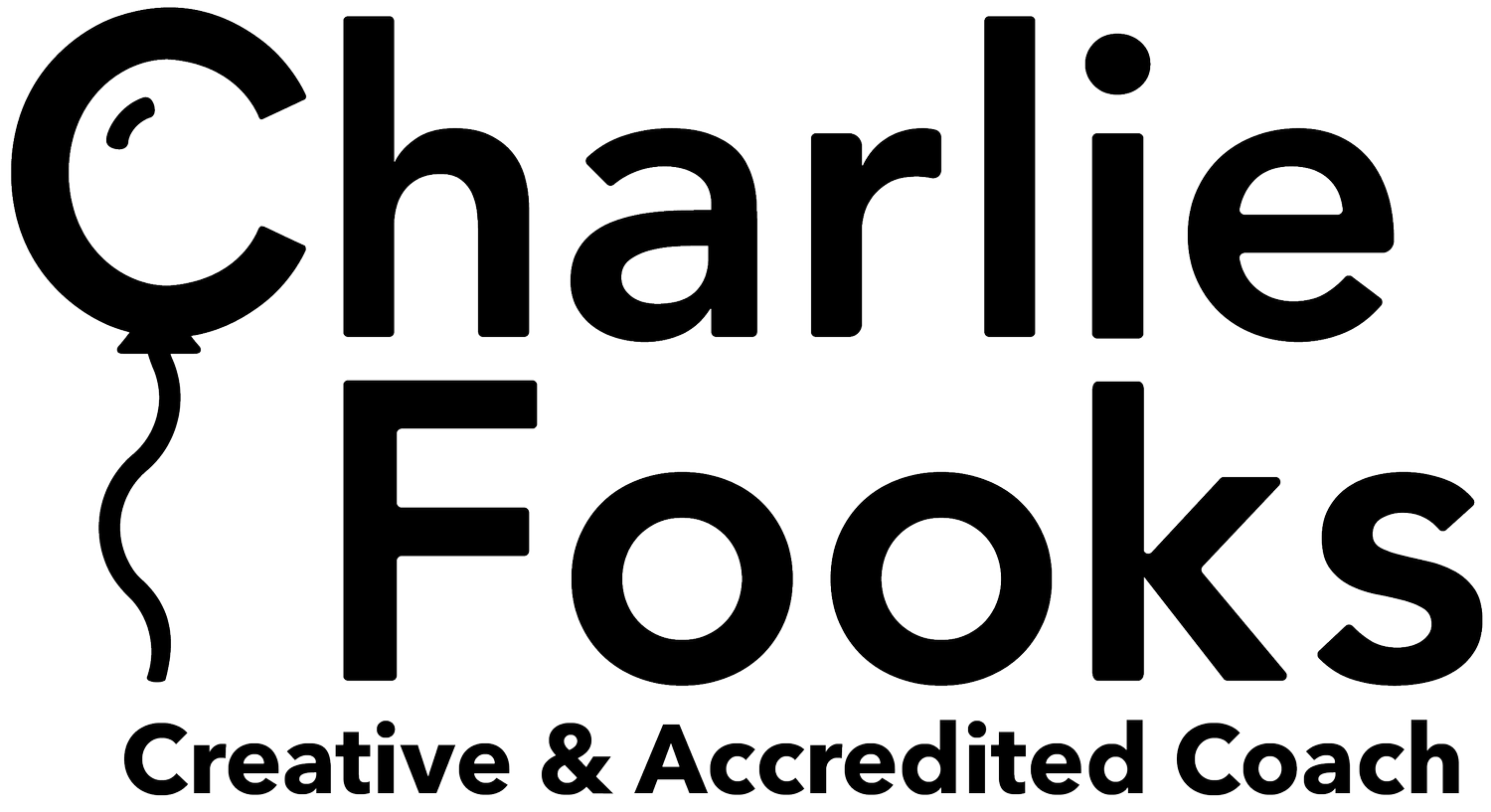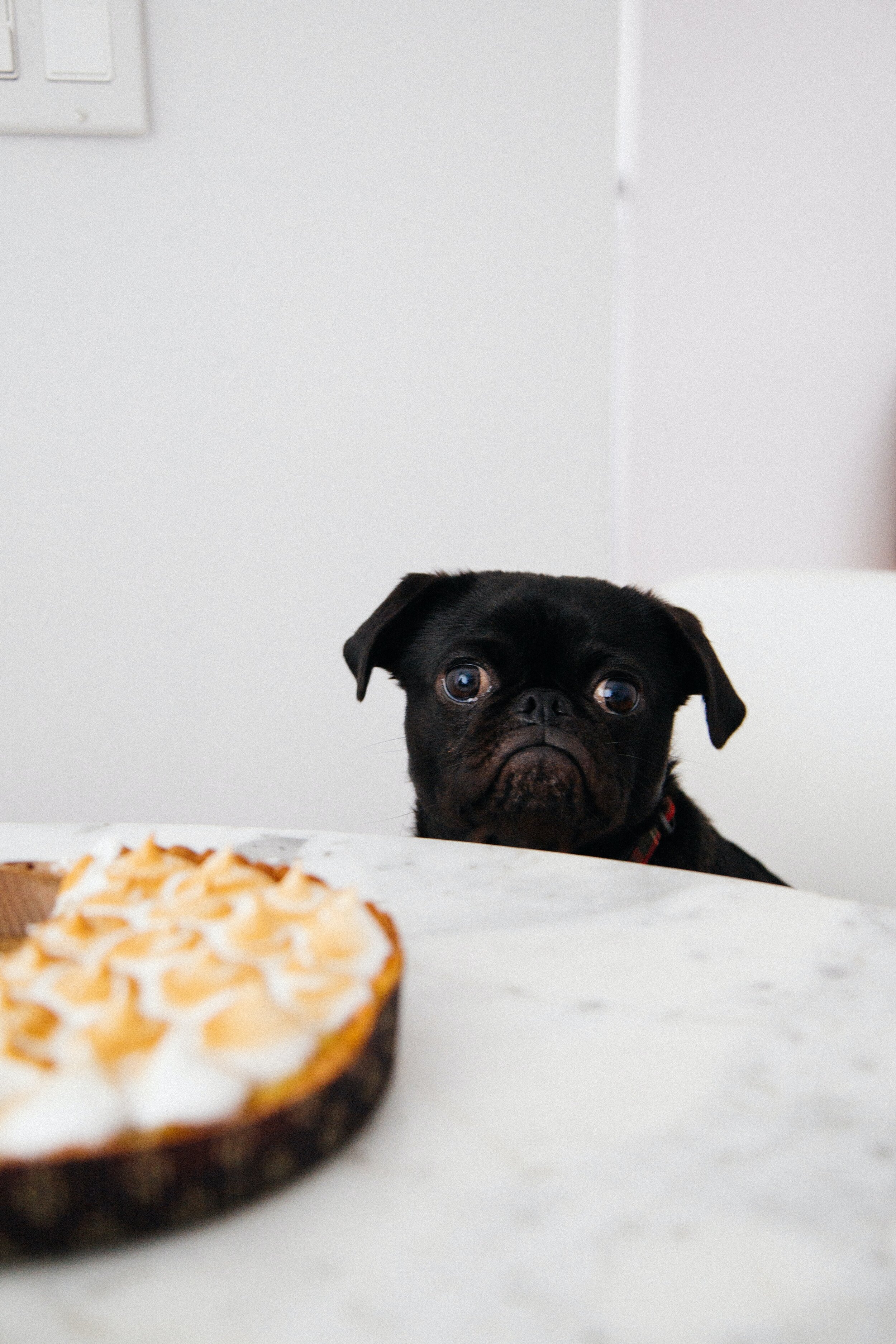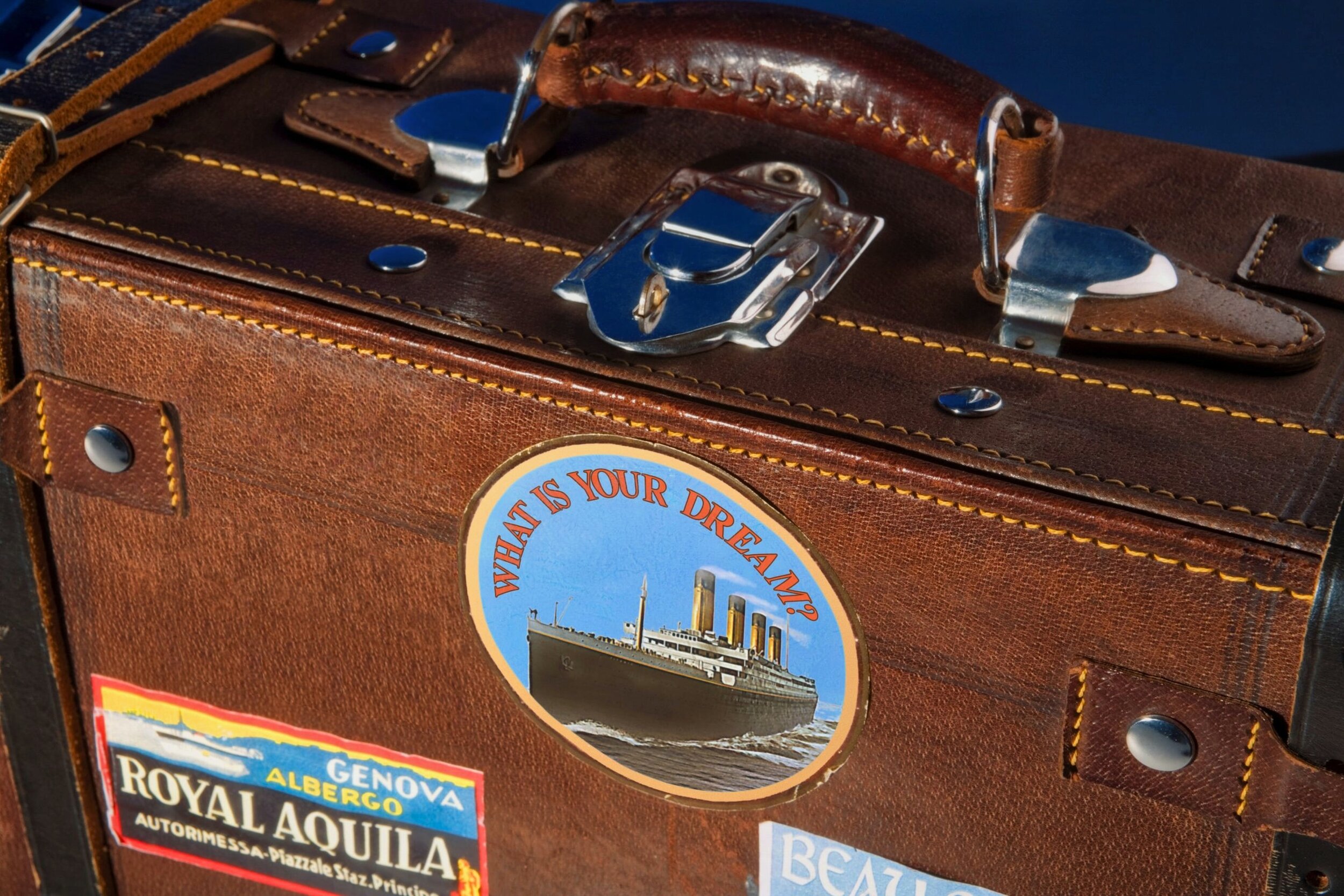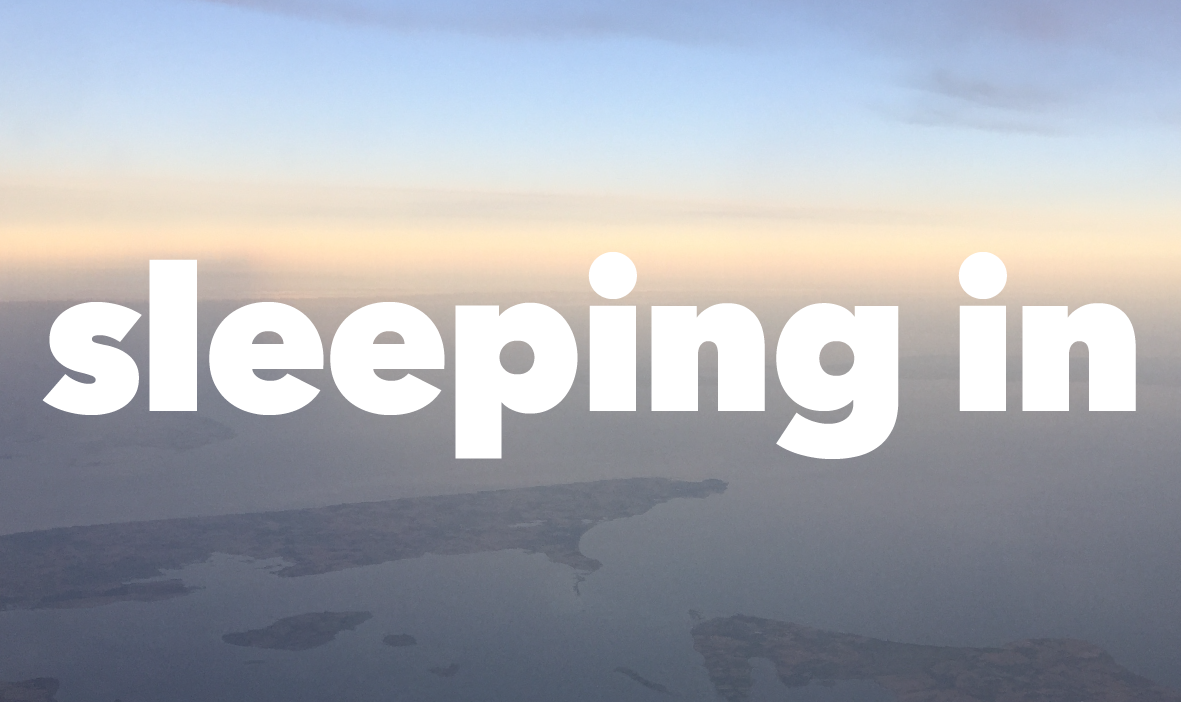Guilt Trip Nº1
A quick segregation between guilt and shame so we know what we’re talking about. Guilt = I did wrong. Shame = I am wrong. Guilt is an emotional response to a belief that we’ve done wrong. It’s characterised by a readiness to take action to right said wrongs. Shame is the thing that makes us worry that we could be publicly exposed or judged because of what we did. Tut tut.
Today, we’re talking about guilt. This is our sense of regret or responsibility relating to actions taken (or not taken). It can be preemptive, recollected, completely necessary or entirely imagined. All about our self/other distinction, it’s a social emotion useful for repairing relationships. Cognitively it’s an emotional strategy involving the interactions of agency, counterfactual thinking, regret and future planning. Working in tandem with empathy, it helps us tune into our ethical and moral codes of conduct (think of how we refer to our guilty conscience).
Guilt guide
We are conditioned to experience guilt meaning it’s an emotion we learn ‘how to’ from others. External factors affecting guilt include upbringing and family life, social circles and relationships, environment, society, culture, spiritual beliefs and more. Depending on each of us individually, day to day guilt can include anything from eating an extra piece of brownie to not holding the door open, but too much guilt can be dangerous. Relative to how long and often we experience guilt, it has the potential to cause emotional distress, leading to a guilt complex like chronic or excessive guilt. People with these are at greater risk of other mental health concerns like OCD, depression and anxiety. Not good.
So! It’s an important emotion affirming what we know as right and wrong and we’ve all experienced it in one way or another. Guilt is personal and our experiences play into how much or little we feel. It has value and use, but too much of it can have seriously damaging consequences. Guilt allows us to recognise when we did something wrong, but we can experience it for things we may believe or think were our fault. We can even feel it about things out of our control and even completely unrelated to us. Consider a time when you got a higher grade on a test than a friend. Is guilt applicable here? Achieving a good grade wasn’t your fault. You did nothing wrong, if anything you did things right. Sounds like we need to get a better handle on it.
The Guilt Trip game
The Guilt Trip is designed to challenge conditioned guilt. Featuring oddball guilt triggers, it asks you to question whether or not you actually need to feel guilty. You may experience 0 guilt. You could have aplenty and be A OK with dropping it. Other times it may feel absolutely necessary to keep it.
When the latter comes up, get some self reflection going. Moving away from the subconscious mind and towards conscious rational thought, check in with where that conditioning may have come from. Is it a belief picked up from your culture, society, social connections, romantic life, family, spirituality or somewhere else altogether? Challenge whether or not you’d like to keep it. It’s important to recognise that because guilt is learned, realistically someone or something got you believing feeling guilty was the right way to go.
How to play
Cut out the middle man and make your own decision. Ask yourself if you’d like to continue bringing guilt on the trip. Recognise when guilt feels genuinely applicable and when it’s less relevant. Assess if it’s in your favour and has a use. By all means if it’s handy keep it (me, preemptive guilt, brownies) but if it’s doing nothing but unnecessarily bringing you down, it sounds like extra baggage you don’t need to carry anymore.
Think about these “should I shan’t I?” packing questions:
Do I have the space to bring it with me?
Is guilt necessary here?If I have the space, is it worth my while bringing it along?
Is guilt serving me, does it have a purpose?Would I prefer to bring something else instead?
Is another emotion more applicable? Could it be switched for something less self-accusatory?





